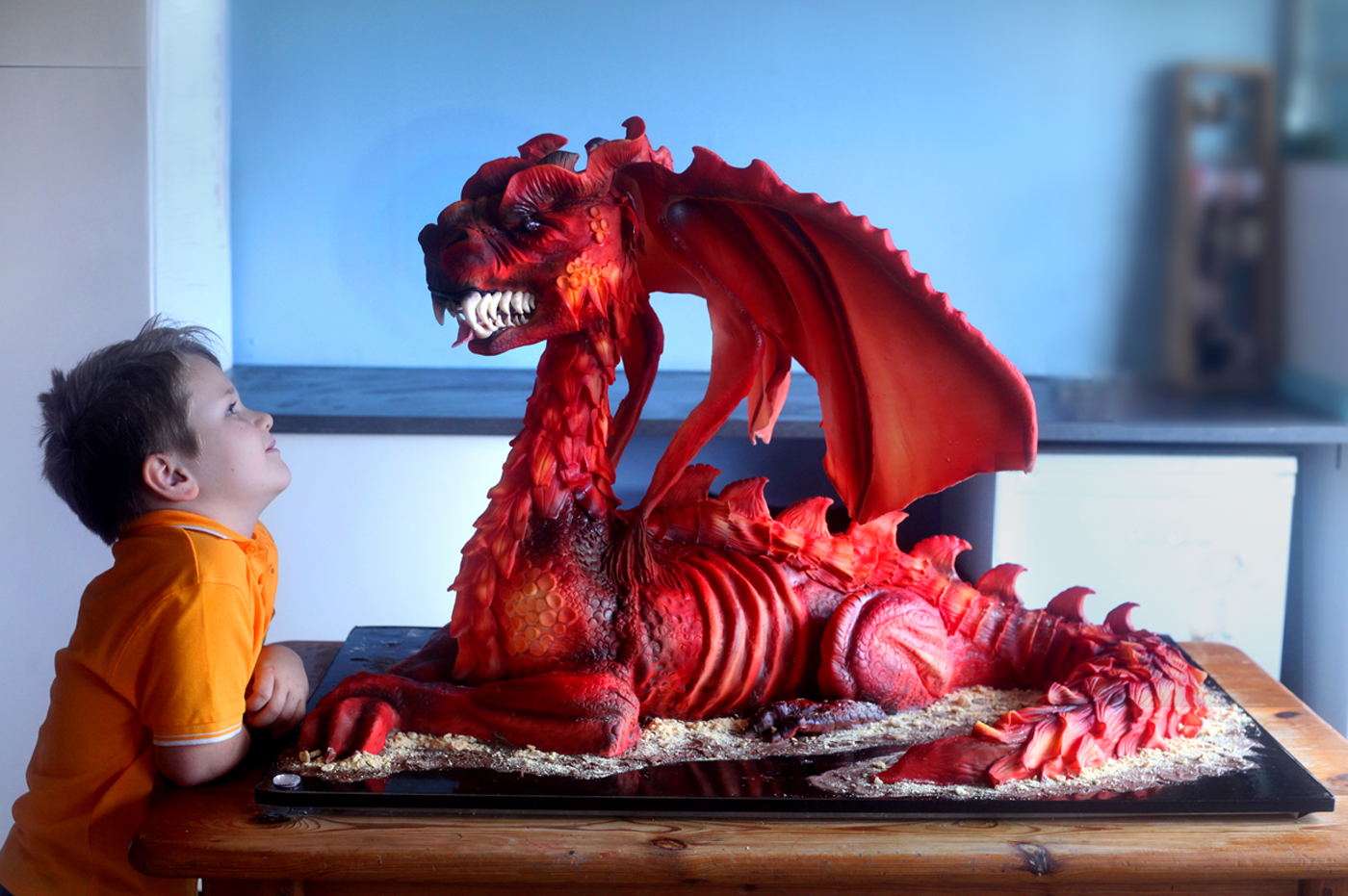Using Creativity to Tackle Our Anxiety – Creative Practice As Therapy
When we face uncertainty and situations where we feel out of control our anxiety levels can sky rocket. The unknown can lead to fear, hopelessness, distress, grief and all too easily spiral into depression.
I know this as I’ve been there. Twice
My name is Hannah and I’m now an award-winning, highly acclaimed Cake Artist and International tutor, but 7 years ago I was a broken, jobless, penniless, single mum who spent night after night sitting on the floor between my kids’ rooms staring at the ceiling wondering where their next meal was coming from. I’ve been drowned in sadness and gripped by anxiety. I’ve experienced lows I could never have imagined.
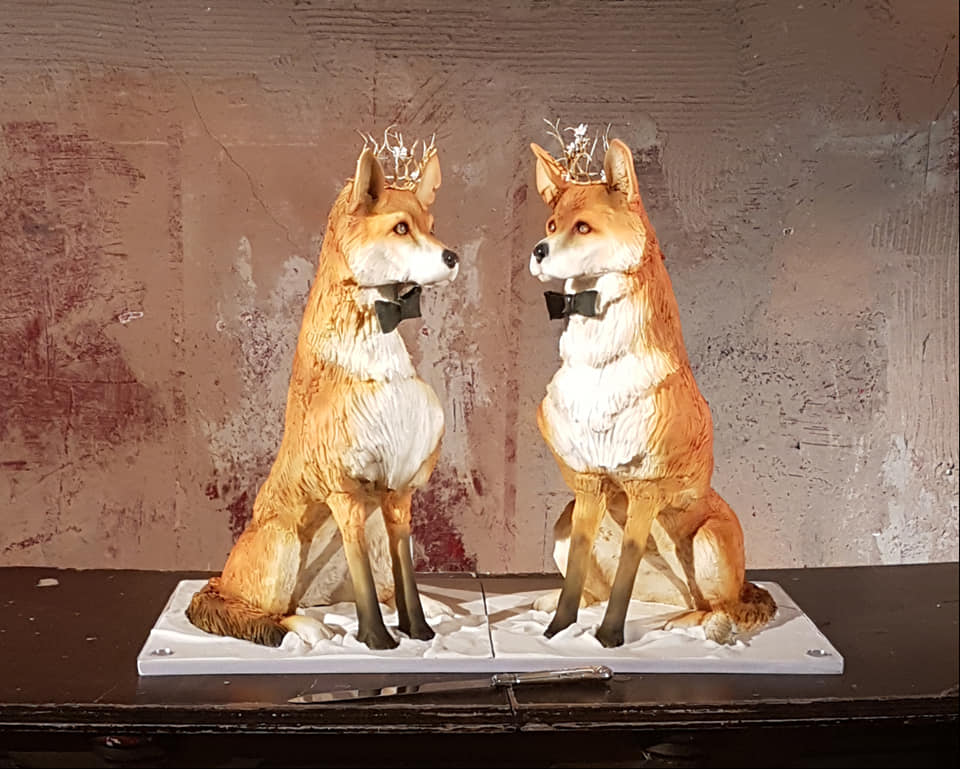
The first time I was hit rock bottom was when I realised for the third time in a row I was going through yet another miscarriage. All my fears came true again and after three losses in a row the pain, grief and fear, fear that i’d never be a mum – was all consuming. You cannot think of anything else, it becomes a fixation and everyone, everyone around you seems either pregnant or cuddling babies. More than that you cannot share your grief as no one wants to talk about baby loss yet you have to suffer the constant humility of everyone asking ‘when are you having a baby…’
Eventually after many tests and a whole load of medical intervention in 2011 I managed to carry a little boy to term.
In 2013 I managed to carry my second (very much unexpected and totally unprepared for) baby to full-term, running the gauntlet of full medical intervention and hundreds of injections later to ensure he stood a chance. However the joy was quickly swamped anxiety when I was made redundant just 5 months into my maternity leave. My ‘back to work meeting’ became a ‘you have no job to return to’ meeting. Alongside this blunt trauma from work my life was falling apart at home due to my husband’s continued failing battles with alcohol and drugs. I had already made a choice to leave, forced to protect my children as the situation spiraled despite endless promises.
Within a few weeks of the redundancy I found myself a very isolated single mother of two with no emotional support, no financial help, a mortgage and bills to pay and no income at all. If the miscarriage days were dark the days that followed the marriage breakdown and redundancy were an eternal black.
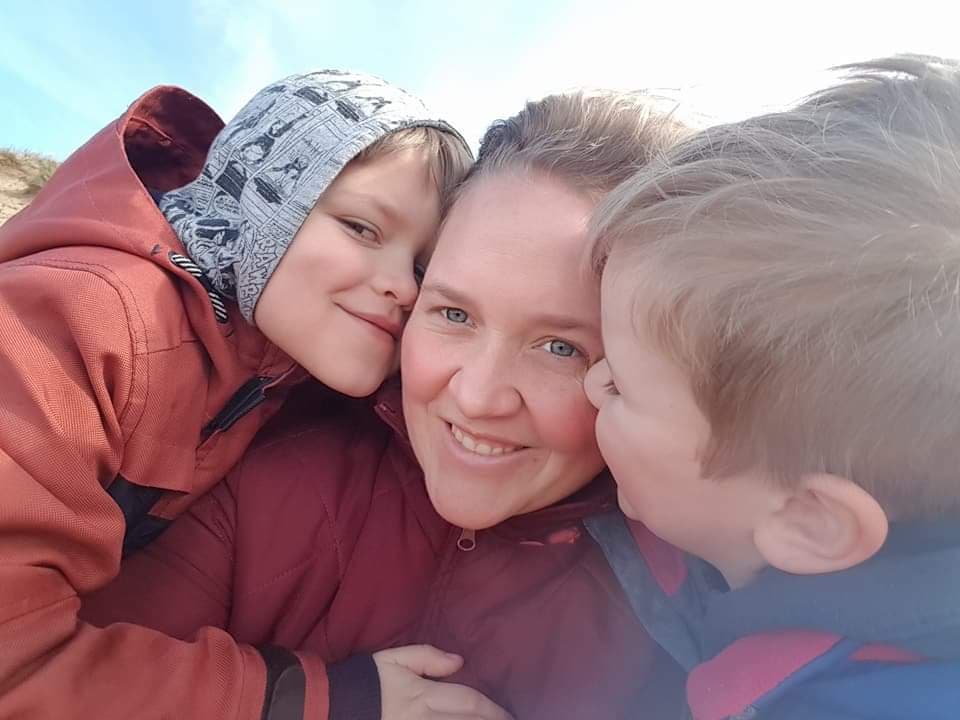
During Covid 19, I worry that our heightened fears about our health and mortality, and that of our families, alongside the sudden financial instability, compounded with stark realities of isolation could lead to many others suffering mental health challenges on top of the very real physical threats of the virus.
The Police Federation’s lead for coronavirus, Sergeant Simon Kempton, said it was becoming “all too easy for people in crisis to fall through the gaps. It’s going to be vital that we keep an eye on that and there are very early indications of an increase in suicide attempts and suicides,” he told MPs.
So, what can we do to help ourselves cope, to safeguard our mental health during these increasingly challenging times?
What did I do when I found myself in the dark? I turned to baking.
Baking cookies and cakes and then decorating them into ever more elaborate and complex beautiful pieces of edible art saved me from falling into a ever deeper hole. It gave me a purpose, a joy, a peace and eventually, eventually my obsession became such that it even gave me a platform with which to build my way financially out of that desperate situation.
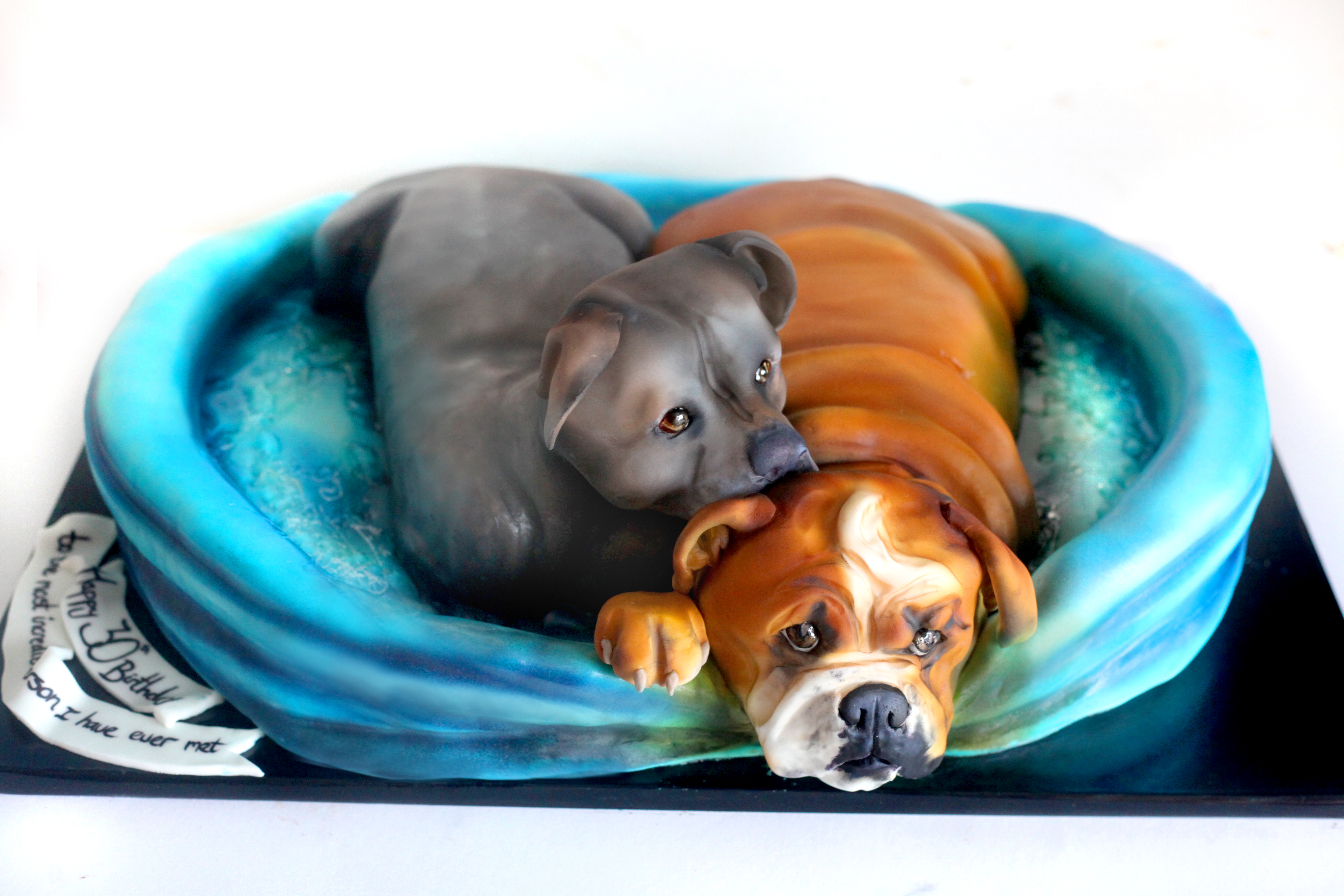
Baking became my saviour – a creative release that helped me find focus, connect to art and regain my self-worth. When I found myself dealing with the grief and trauma of multiple miscarriage (in private) baking distracted me from my sadness and gave me new purpose when my purpose of being a mum seemed to have abandoned me. It totally absorbed my attention and I loved searching for new recipes – spending hours trialling new ideas and learning new decorating techniques. The joy I got from being able to share my cakes with others be that family or work colleagues, their reactions, their simple happiness when receiving the treats slowly and surely began filling in the hole in my heart.
When my marriage then gave way I was able to call on my love of baking to hold me through those times as well, knowing that it would calm my thoughts, sooth my soul, give me focus and purpose and bring joy to others whilst also helping me mend myself.
According to an American Journal of Public Health study, there’s a connection between creative outlets and your mental and physical health with creativity helping to fill a void in your life as well as distract you from stressful things like work and your focus is absorbed by the task at hand and not wondering off with unhelpful thoughts.
Research also suggests that taking time to do that doing something you enjoy can lower blood pressure, the stress hormone cortisol and body mass index. It can also reduce your negative thoughts and levels of depression.
Professor Paul Crawford, from the IMH’s Centre for Social Futures, has pioneered a program titled CPMR (Creative Practice As Mutual Recovery.) The programme has demonstrated the power of using creative activities to benefit people experiencing mental health difficulties, as well as benefits to family carers joining them. As increasing pressure is placed on our mental health services, creative arts activities could be an effective new way to meet demand.
One 5 year CPMR study involving clay found participants became more playful, excited, engaged, and sociable in the workshops, as the clay appeared to offer a trans-linguistic medium for effective peer exchange. The study found clay works as a neutral medium for aiding and facilitating communication skills and offers a three-dimensional form of expression. Working with clay emphasises imagination and voice, as participants become immersed in the process. Clay also has ‘therapeutic grab and mash’ properties, providing a potential catharsis for people who are otherwise increasingly absorbed by techno-virtual cultures.
Through art, many people are able to express feelings and experiences that they’re unable to put in to words. This is especially important when dealing with a tragic event or a stressful time in your life.
Researchers at the University of Gloucestershire have recently evaluated data from nearly 1,300 primary care patients in South West England, finding a course of arts-on-prescription* to provide a significant improvement in overall wellbeing, including in those with very complex care needs.
Professor Crone says: “These complex multiple care needs are becoming more and more common in primary care in the UK, and beyond; so understanding how they can be supported will be vital in helping to navigate the key public health issues we see today.”
“These non-medical interventions can potentially offer solutions to some of the most challenging issues arising in public health. While wellbeing is often viewed as something intangible, it is a critical issue that is central to supporting physical health,”
Creativity does not have to involve creating extensive oil paintings and you do not have to start out as an expert sculptor or fine artist to enjoy the mental rewards and health benefits of creativity. Nor do you have to invest in expensive kit or materials.
The simple task of baking a cake, cupcakes or cookies can be highly creative, totally absorbing and incredibly rewarding, not only for yourself but with the added bonus of lifting those you share it with. Baking during times of stress and anxiety can become the perfect virtuous cycle as the act of baking (and decorating) fulfils a creative gap with all the associated mental health benefits AND you also get to pass that warm and fuzzy feeling on to others as well.
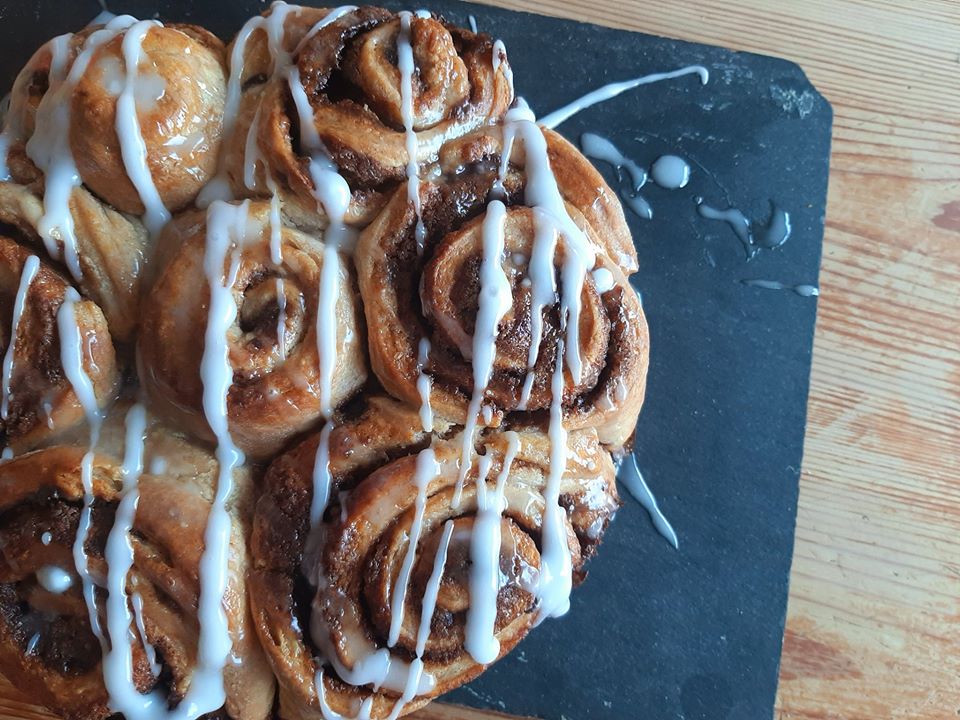
Baking with our children stuck on home-school to keep them (and you) from climbing the walls then sharing the treats with other family members, decorating then delivering cupcakes to the nearest hospital or care home and popping a victoria sponge in the oven then carefully placing it on the doorstep for an isolating elderly neighbours has become our national way of dealing with this crisis. Our supermarkets may be re-stocked with loo roll, the baking section is still sparse though as people literally bake themselves – and others – happy.
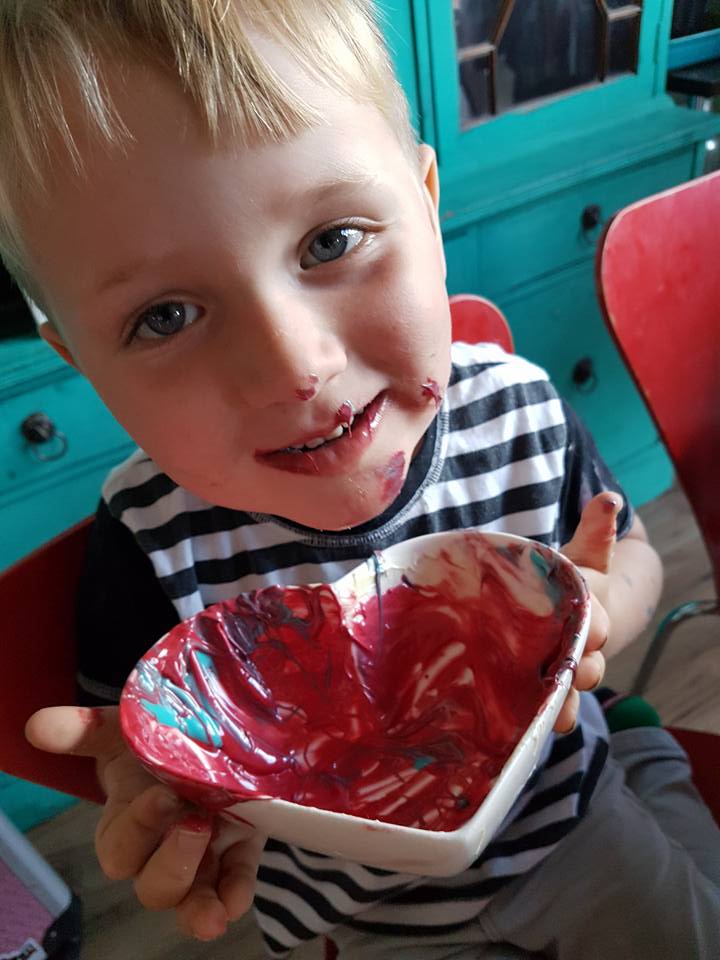
According to the research acts of creativity can lift mood, absorb focus, give us physical and mental health improvements and act as a way of communicating our thoughts and feeling when we are struggling. Baking as therapy is an idea that most bakers will attest to. The seemingly simple act of baking a cake and the art of decorating it with love helps improve our mental stability and brings joy to others when we share our creations.
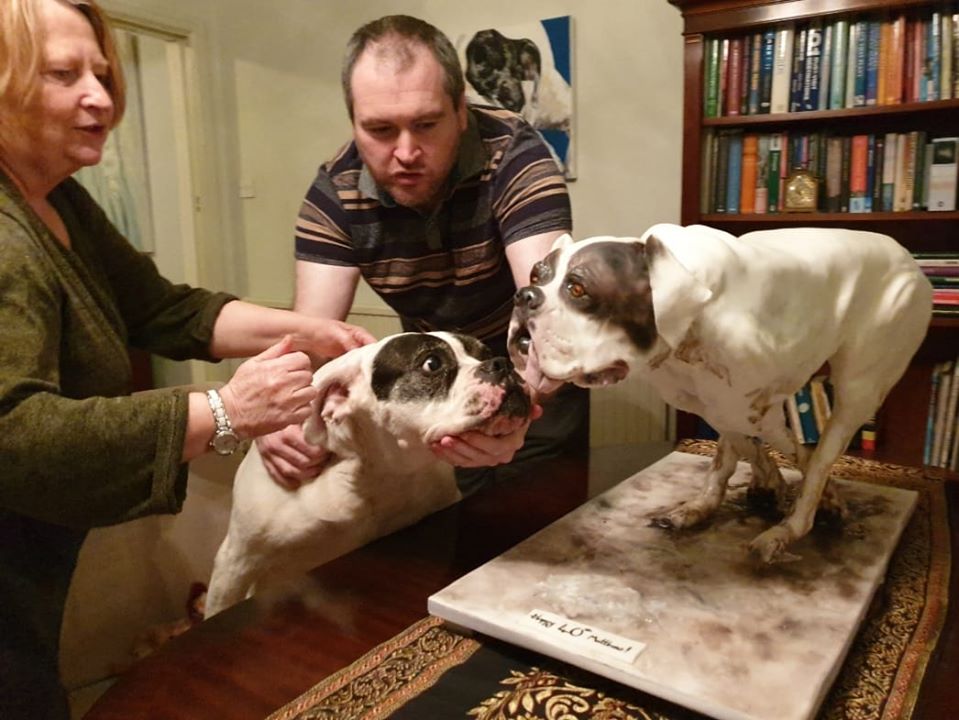
Baking and decoration really is an incredibly powerful tool – it truly is creativity on prescription.
And you know what! The absolute best thing about baking is it requires no special skills, costs very little and absolutely anyone can have a go and instantly feel the benefits. Even better still it can be used to support others and show appreciation in times when we are all struggling with our mental health and everyone could use a little lift. Best of all? You don’t need a doctor to prescribe it.
So here’s to considering the far reaching benefits of baking on us as individuals and also as part of the wider community. After all – it isn’t just the cakes that rise.


